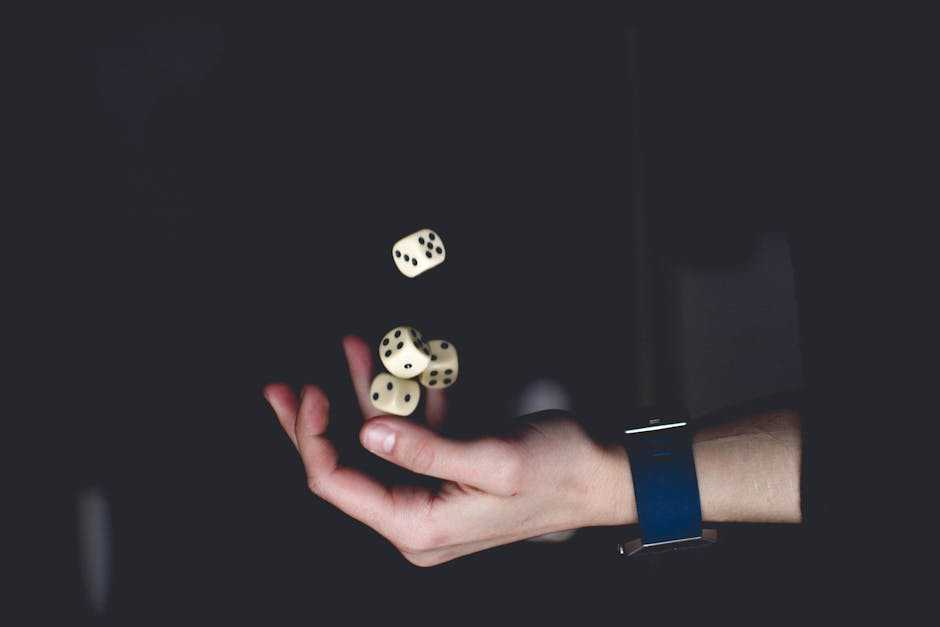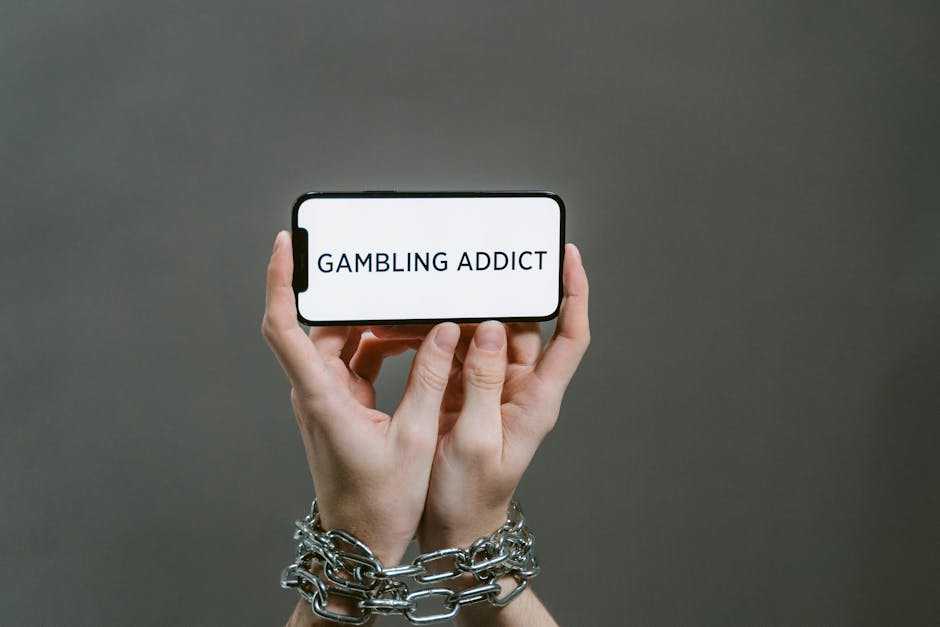What “Unlucky” Really Means to the Brain
When something goes wrong whether it’s losing a game, missing an opportunity, or simply having a bad day our brains don’t just accept it as a one off event. Instead, we instinctively look for a reason, a pattern, or a story to make sense of what happened. This tendency is hardwired into how we process the world around us.
Pattern Seeking After Failure
Humans are natural pattern seekers. This trait evolved to help us survive by learning from experience, but it can also backfire:
After a loss, we instinctively search for what went wrong even when the outcome was random.
We connect unrelated events in an attempt to uncover “why” things didn’t go our way.
This can lead to false patterns like “I always fail on Mondays” or “Nothing good ever happens when I wear this shirt.”
Random Feels Personal
Even when an outcome is clearly based on chance, like flipping a coin or drawing a card, our emotional response often treats it as a personal slight.
We ask questions like “Why does this always happen to me?”
We assume that the universe is somehow keeping score or sending messages.
The randomness of life feels threatening, so the mind personalizes it to create a sense of logic or fairness.
Blaming “Bad Luck” The Emotional Shortcut
Faced with uncertainty, we often take a mental shortcut to ease our discomfort: we label the outcome as “bad luck.”
This framing allows us to avoid confronting difficult truths, such as our own decision making or the reality of randomness.
Blaming bad luck feels easier than accepting that sometimes there is no clear cause.
Over time, this habit can reinforce a belief that we are systematically unlucky even when that’s objectively untrue.
Understanding this instinct is the first step in breaking out of the mindset. Naming this behavior makes it easier to challenge and change.
Cognitive Biases Playing Tricks
Our brains are powerful pattern recognition machines sometimes too powerful. When faced with uncertainty or negative outcomes, our instincts often mislead us. Rather than accepting randomness, we apply cognitive shortcuts that can distort our thinking, making us feel perpetually unlucky.
Pattern Seeking and Superstition
When things go wrong, it’s common to reach for meaning. We look for patterns, assign blame, or even create rituals to regain a sense of control. Superstitions are classic examples of this tendency they serve as emotional coping mechanisms, not logical tools.
We crave structure in chaos
Seeing patterns eases anxiety, even when they’re false
Superstitions give an illusion of control over uncontrollable outcomes
Loss Aversion: Why Failure Hurts More Than Success Rewards
One of the strongest cognitive biases is loss aversion the tendency to feel losses more acutely than equivalent gains.
Losing $100 feels worse than winning $100 feels good
This bias amplifies emotional reactions to failure
After repeated losses, the brain interprets the pattern as evidence of being “unlucky”
Confirmation Bias: Reinforcing the Story
Once we start to feel unlucky, we unconsciously look for proof. Confirmation bias filters information, drawing attention to losses while ignoring wins that don’t fit the narrative.
You notice when you lose three times in a row
You forget the time you won twice last week
This selective memory fuels the illusion of a cursed streak
To understand how deeply rooted these thinking errors are, check out the gambler’s fallacy explained, a classic example of how biases warp our perception of chance.
By recognizing these biases, we can start to break the mental loop that equates loss with bad luck.
The Gambler’s Fallacy: The Core Mistake

Think you’re “due” for a win just because you’ve been losing? That’s the gambler’s fallacy talking. It’s the belief that random events somehow self correct in the short term. Flip a coin and get five heads in a row, and your brain starts yelling that tails must be next. But each flip is independent. The universe doesn’t keep score.
This illusion of balance a sense that luck has to “even out” tangles us up. It turns a string of losses into a personal drama. You start hoping the odds will favor you out of fairness, instead of understanding that probability doesn’t work like that. It has no memory.
When you mistake pure chance for a pattern, you’re more likely to feel cursed when things don’t go your way. That misread hurts. It fuels the idea you’re uniquely unlucky, even when you’re just sitting in a long stretch of randomness.
Want to go deeper into how this bias works? Check out the gambler’s fallacy explained.
Why It Feels So Personal
When things go wrong, the first instinct is to look inward. Not always with clarity more like, “Why does this always happen to me?” There’s ego baked into that. We assume events are connected to our actions, our worth, our story. It’s a survival trait, in a way. If everything is personal, at least it’s understandable. The alternative that life just throws chaos around, indifferent to what we want is harder to stomach.
Randomness is brutally impersonal. That’s why we prefer the idea of luck, even bad luck. It gives shape to the chaos. If you tell yourself you’re unlucky, you’re not clueless or out of control you’re just on the wrong side of something that still feels like it has rules. That comfort, warped as it is, can keep someone from facing the fact that not everything has meaning or fairness.
This mindset often starts early. If you lost something important as a kid an opportunity, a person, a feeling and no one helped you understand it, your brain started filling in blanks. You may have decided, quietly, that the world is tilted against you. From there, every missed shot or closed door becomes more evidence. And the belief that you’re just “unlucky” calcifies into something hard to notice, much less undo.
Breaking the Unlucky Loop
First step: name the bias. When things go wrong, our brains are wired to assign meaning even if none exists. This is a mix of pattern recognition gone rogue and cognitive shortcuts like the gambler’s fallacy and confirmation bias. Recognizing these mental traps doesn’t make them disappear, but it gives you a fighting chance against the story your brain wants to tell.
Next, shift your lens. Instead of obsessing over outcomes did I win or lose? look at the choices that led there. Outcomes are noisy. Decisions, on the other hand, are where your power lives. Break the cycle by asking, “Was that a good call with the info I had?” not “Why am I always unlucky?”
Here’s a mindset reframe that helps: luck is neutral. It’s not for you or against you. It doesn’t remember your name or your stats. What isn’t neutral? The choices you make in response. That’s where your leverage is.
This isn’t about toxic positivity or pretending randomness doesn’t exist. It’s about realism. Stop expecting the universe to rebalance your losing streak and start making clearer bets mentally, emotionally, and literally. Luck isn’t the enemy. Magical thinking is.
Shrug Off “Bad Luck” More Often
Luck isn’t a force with an agenda it’s just randomness with a spotlight. But the brain doesn’t like that. It wants a clean storyline: loss equals punishment, win equals reward. That mental shortcut helps us feel like we’re in control, even when we’re not. So when things go south, we reach for a reason, and “bad luck” is an easy one.
The truth is, losing says nothing about your character or your future odds. It’s just part of the game. Winning doesn’t mean you’re on a golden streak, either. It’s tempting to believe we’re owed a win, or cursed after a loss. But clinging to that logic sets you up to chase ghosts.
The smarter move: call out the bias when you feel it creeping in. Separate the noise of randomness from your actual choices. Build a habit of focusing on process over outcome. That’s where progress hides underneath the drama your brain tries to add.


 Legal and Compliance Advisor for Key Gamble Lucky, Lucas specializes in navigating the complex landscape of casino game strategies, offering expert betting tips, and analyzing industry trends. With a strong background in gambling law and industry analysis, Lucas ensures that the platform remains up-to-date on regulatory changes while providing readers with valuable insights into the legal aspects of gambling. His expert advice helps readers sharpen their skills, make more informed decisions, and improve their overall betting outcomes, all while staying compliant with the latest legal standards.
Legal and Compliance Advisor for Key Gamble Lucky, Lucas specializes in navigating the complex landscape of casino game strategies, offering expert betting tips, and analyzing industry trends. With a strong background in gambling law and industry analysis, Lucas ensures that the platform remains up-to-date on regulatory changes while providing readers with valuable insights into the legal aspects of gambling. His expert advice helps readers sharpen their skills, make more informed decisions, and improve their overall betting outcomes, all while staying compliant with the latest legal standards.